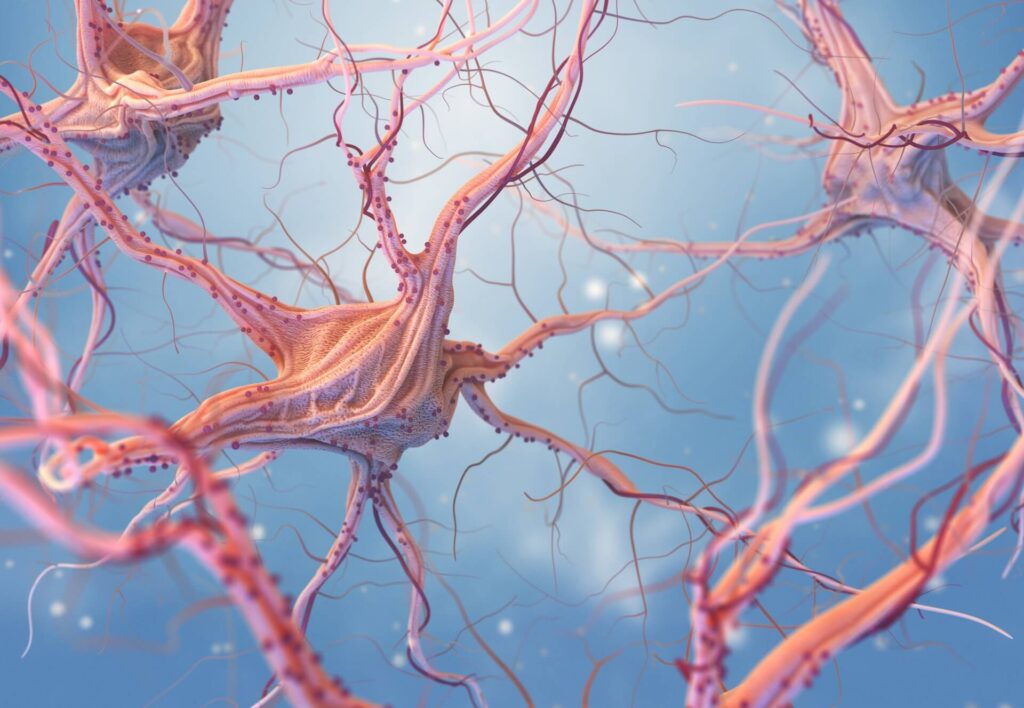A new research study found that caffeine taken during pregnancy can modify key brain pathways, leading to behavioral problems in later years. Researchers from the Del Monte Neuroscience Institute at the University of Rochester Medical Center studied thousands of brain scans at ages 9 and 10 to see alterations in brain structure in children exposed to caffeine in utero. The results were clear.
Caffeine During Pregnancy Likely Not Ideal
“These are the kind of marginal effects that don’t cause terrible mental conditions, but produce minimal but significant behavioral issues that require looking at the long-term effects of caffeine ingestion,” said Dr. John Fox, director of the Del Monte Neuroscience Institute and principal investigator in adolescent brain cognitive development, “I think the findings of this research are recommendations.”
Heightened Behavioral Problems, Decreased Alertness and Hyperactivity Found in Kids

Caffeine during pregnancy is likely not a great thing to do.” Heightened behavioral problems, decreased alertness and hyperactivity are all signs that researchers have noticed in these kids.
“What makes this unique is that when you take caffeine during pregnancy, the biological pathways look differently,” says Zachary Christensen, MD/Ph.D.. ”
IQ Tests and Psychopathology Vary Depending on Demographics
Earlier studies have shown that kids score differently on IQ tests and have slightly different psychopathology, but it’s kind of a biomarker because it can also be related to demographics.
It’s tough to analyze it until it’s done. It gives us a baseline for future research that seeks to know exactly when alterations occur in the brain. “
Researchers analyzed brain scan across 9,000 subjects ages 9 and 10 in the ABCD study. They found that there was a big change in how white matter was tracked to make connections between different parts of the brain in children whose mothers said they drank caffeine while they were pregnant. URMC is one of 21 sites across the country collecting data from the ABCD study, the largest long-term study of children’s brain development and health.
Retrospective Study Relies on Mothers to Recall Caffeine Ingestion During Pregnancy
This research is funded by the National Institute of Health. Ed Freedman, Ph.D. is the Principal Investigator and co-author of the ABCD study in Rochester. “It’s critical to point out that this is a retrospective study,” Foxe said. “We are depending on our mothers to recall how much caffeine we ingested during pregnancy.” Earlier studies have shown that caffeine can have a negative effect on pregnancy. It is also known that the fetus does not have the enzymes necessary to metabolize caffeine as it crosses the placenta.
This new research shows that caffeine may have a long-lasting effect on neurodevelopment. The scientists note that the effect of caffeine on fetal growth is unknown It relies on the length of gestation or when these physical structural changes occur during pregnancy.
Current clinical guidelines already advise limiting caffeine consumption during pregnancy – 2 cups or less of ordinary coffee a day. In the long-term, we want to come up with better guidelines for mothers, but in the time being, consult your doctor if you have doubts.











